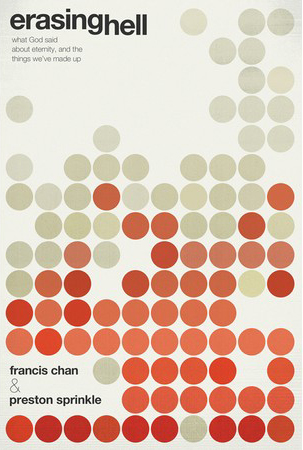Statistics. Has there have been a more manipulative and misunderstood tool than statistics? I am likely upsetting 79% of you math types and approximately 21% of your literature types are smiling. Likely 39% of you will not make it to the end of the post (and you should because it’s a decent point) (1% have decided to continue reading. Blessed are you).
Likely, you have heard that statistic that says, “67% of all statistics are made up.” I think I laugh at that 99% of the time.
 Here’s what I appreciated:
Here’s what I appreciated: Enter Mitt Romney. He’s the GOP frontrunner. If he was smart, he’d let Tim Tebow baptize him in the Mississippi and make him his running mate. (John McCain is thinking, “Now you tell me.”) The funny thing is that some Christians don’t like Romney because he’s Mormon. There was a pastor in a big church inTexas who said that was quite outspoken against Romney’s convictions. Now from one pastor responding to another, I’d say that there are better ways of promoting your candidate of choice and it came across as an attack. It’s generally not good rhetoric that we dismiss candidates based soley on their religious beliefs. And for the sake of this post, most of us find it unfair that many do so with people like, in this case, Tim Tebow.
Enter Mitt Romney. He’s the GOP frontrunner. If he was smart, he’d let Tim Tebow baptize him in the Mississippi and make him his running mate. (John McCain is thinking, “Now you tell me.”) The funny thing is that some Christians don’t like Romney because he’s Mormon. There was a pastor in a big church inTexas who said that was quite outspoken against Romney’s convictions. Now from one pastor responding to another, I’d say that there are better ways of promoting your candidate of choice and it came across as an attack. It’s generally not good rhetoric that we dismiss candidates based soley on their religious beliefs. And for the sake of this post, most of us find it unfair that many do so with people like, in this case, Tim Tebow.
 What I Liked
What I Liked




Recent Comments